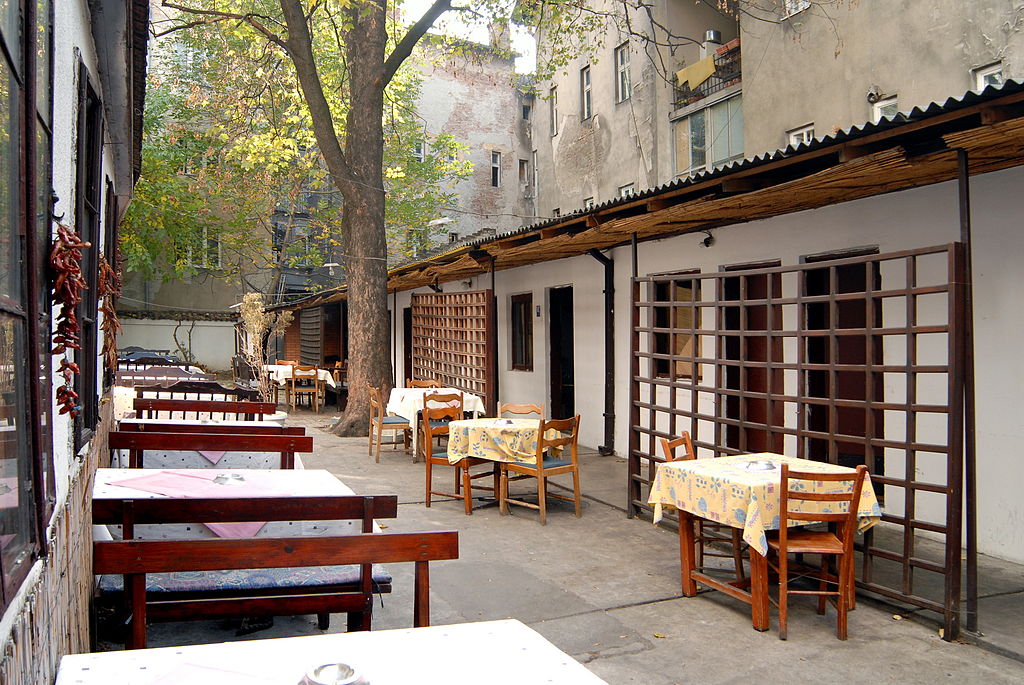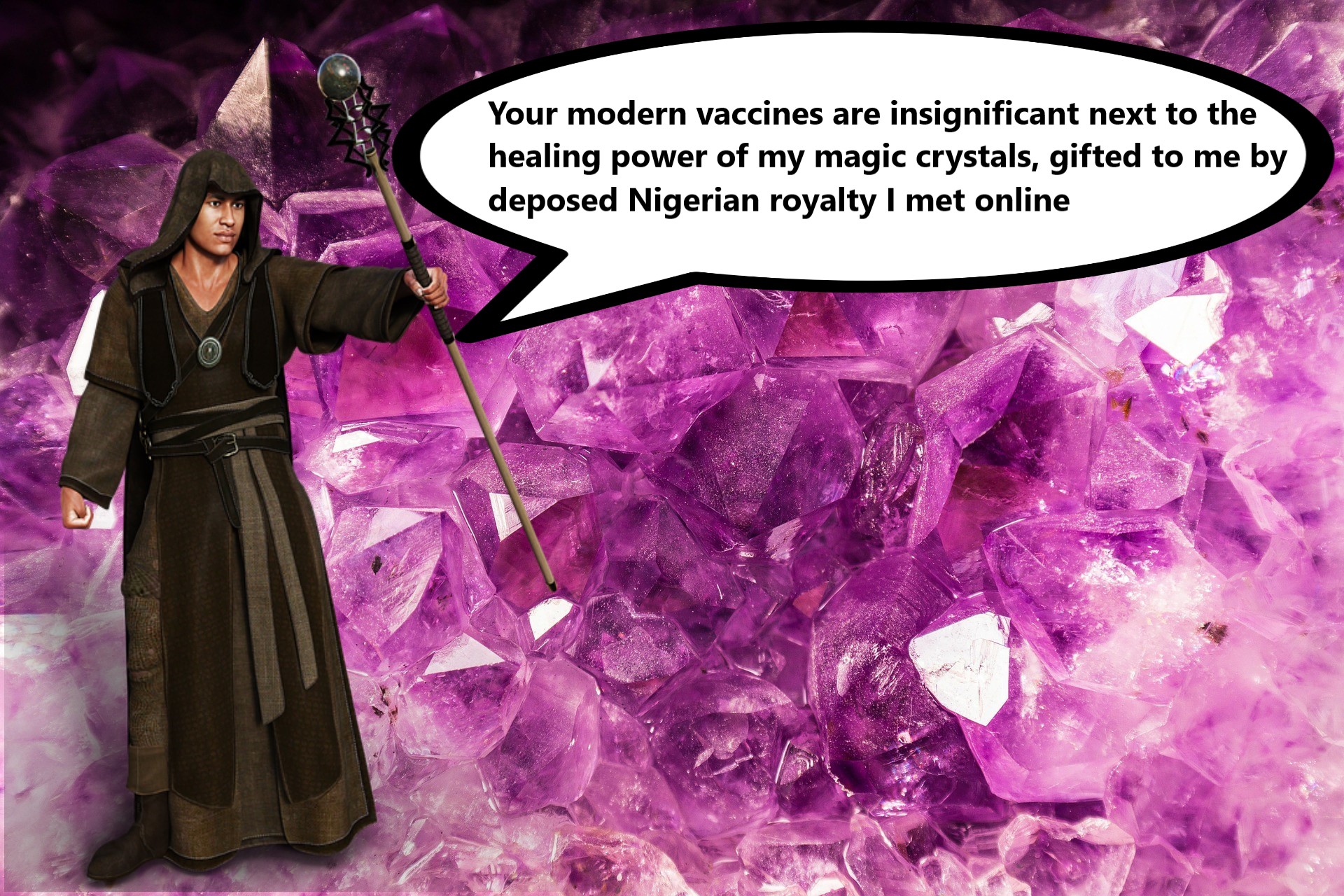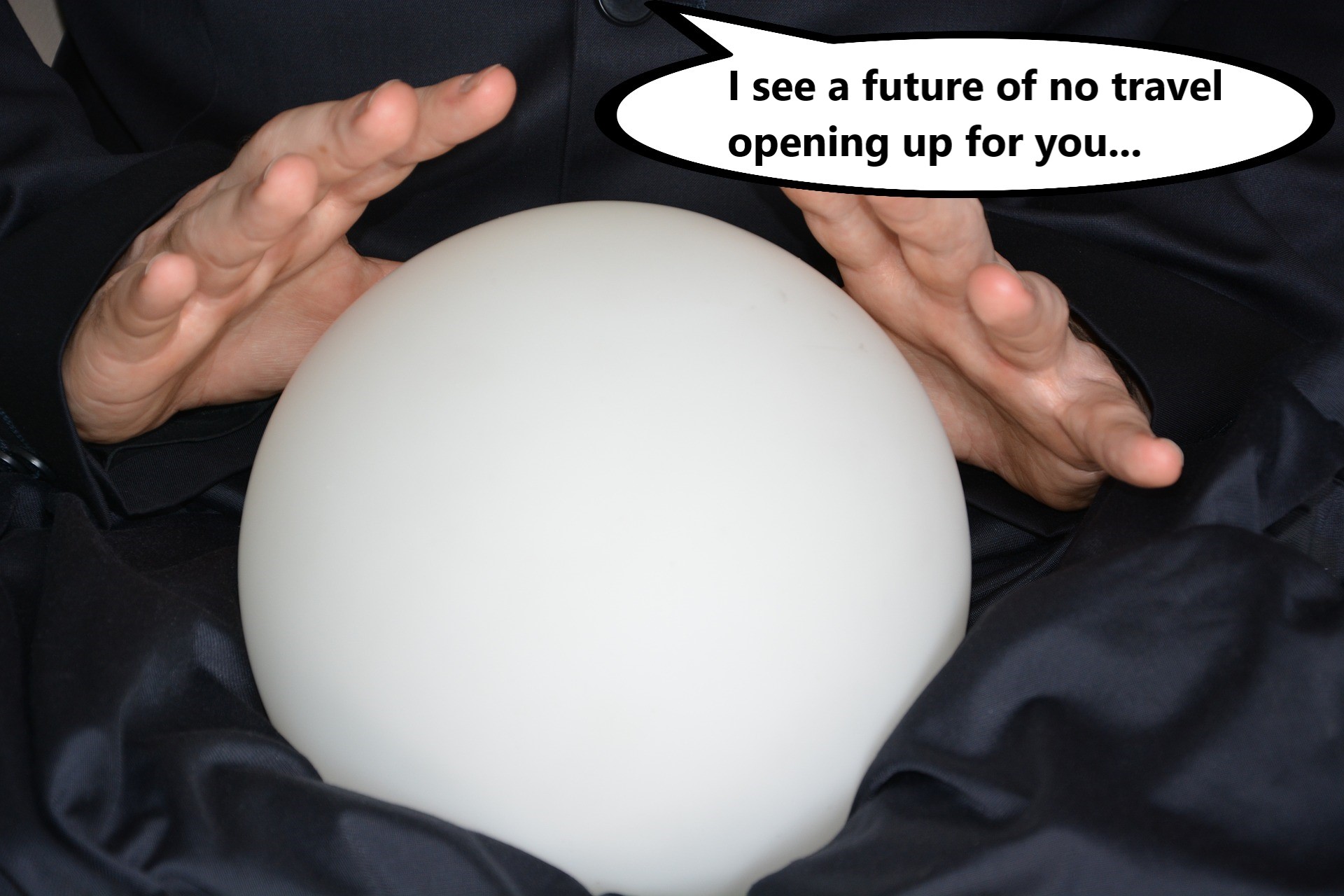Ombudswoman Deplores COVID Demonstrators’ Assaults Against Reporters
ZAGREB, 21 Nov, 2021 - Ombudswoman Tena Šimonović Einwalter on Saturday evening condemned in the strongest terms the violence and assaults against TV crews that were covering the march organised by anti-vaccine certificate protesters in Zagreb earlier in the day.
Šimonović Einwalter said in a press release that she condemned attempts by demonstrators to prevent reporters from doing their job while they were covering the rally in Zagreb's main square.
She also urges the authorities, including the law enforcement authorities and the Office of the Chief State Prosecutor (DORH), to thoroughly investigate the incidents and violence so that perpetrators can be held to account. In this way, the society will receive an unequivocal message about zero tolerance to violence against anybody, particularly against persons who do their job in the interest of the public, Šimonović Einwalter said.
The freedom of expression and particularly the freedom of he press is guaranteed by the constitution, she recalls.
Freedom of assembly and the right to to peacefully assemble do not exclude other human rights and they also do not justify verbal, physical and other violence, she writes in the press release.
A reporter of the RTL commercial broadcaster, Goran Latković, was attacked by two unidentified persons from behind as he was covering the rally, and they slapped him across the face twice, while a third person hit him in the rib cage.
Also, Nova TV and HTV crews were verbally assaulted at the rally, while a group of protesters took Al Jazeera reporter Nikolina Zavišić's microphone as she was reporting live.
On Saturday evening a group of protesters moved from Zagreb's central square to the part of the city where the HRT public broadcaster is located, demanding to see the HRT director and have their rally covered live and calling for an end to "censorship" by the HRT.
Dissatisfied with the way the HRT covered their protest in the central city square at 3 p.m., the protesters shouted "We want elections", "Referendum and people's rule", "Thieves", "Treason", "God's law is above all laws", demanding to see the HRT director and have their rally covered live. "This is no vaccine, this is poison", someone in the crowd could be heard saying while some protesters said the world was ruled by "Bill Gates, Talmudists and Soros's followers".
The protesters were met by riot police, with a dozen police vehicles blocking access to the HRT building.
Violence against reporters condemned by office-holders, associations, political parties
The Croatian Journalists Association (HND) and the Croatian Journalists Union (SNH) on Saturday strongly condemned an attack on RTL reporter Goran Latković at the protest, demanding a prompt police investigation and calling on the government to unequivocally condemn the incident.
The attacks by protesters on media workers were also condemned by the government spokesman, the minister of culture and the Office of the President.
The Istrian Democratic Party (IDS) said on Saturday evening that the freedom to assembly did not include the right to violence and said that the attacks against reporters "resemble dark times" and called on all the political parties to stand up for the protection of the journalistic profession."
For Croatia's latest news updates, CLICK HERE.
Association: Resistance to Vaccine Due to Disinformation on Social Networks
ZAGREB, 8 Nov, 2021 - The president of the Croatian Association for the Promotion of Patients' Rights, Jasna Karačić, said there was great resistance to vaccination and distrust of the profession in Croatia due to disinformation on COVID-19 that was spreading on social networks.
Disinformation is spreading on social networks much faster than scientific information is spreading. This is also present in other countries, but in Croatia it is pronounced the most in the entire EU, Karačić told Hina.
She said one should listen to experts, but the problem is also in the way the national COVID-19 crisis management team is communicating, since they do not send accurate messages to the public.
"First they made a mistake when they called on people to get vaccinated, and people thought the vaccine protected 100% so they could stop behaving responsibly," Karačić said.
The government obviously has no control over anti-vaxxers, nor its citizens, who were in a dilemma about vaccination, and gave up, for example, because they did not receive the necessary information even after they had submitted a request over the official website Cijepise.hr, she said.
There will be increase in chronic and oncological diseases again
The problems of other patients have escalated during the pandemic, they have limited access to health care because many hospitals are denying them regular health care due to COVID patients. In a situation like that, many patients had to go to private doctors, so the private health sector profited from the crisis, Karačić said.
"Other European countries ensured doctor consultations for their chronic patients, and they didn't only devote themselves to COVID patients. That is why last year's problems will happen again now -- there will be an increase in chronic and oncological diseases, so the number of deaths from other diseases, which could have been prevented, will double," Karačić said.
For more on COVID-19, follow TCN's dedicated page.
For more on lifestyle, CLICK HERE.
Click this page for Croatia's latest news updates.
SOA: Pandemic Has Spurred Rise in Extremism, Radicalism
ZAGREB, 27 Sept 2021 - In its report for 2020-21, the Security and Intelligence Agency (SOA) says Croatia is a secure and stable democracy but warns about rising extremism and radicalism due to the COVID-19 pandemic.
We are witnessing the biggest pandemic in modern history which has caused unprecedented disruptions in everyday life and enormous damage to the global economy, SOA director Daniel Markić says in the introduction.
The pandemic has additionally increased extremism and radicalism, notably due to disinformation and conspiracy theories concerning Europe's response to the crisis and the effectiveness of democratic and liberal political and social systems, SOA's seventh report says.
Despite 20 years of international efforts in bringing democracy to the local society, the Taliban have taken power in Afghanistan.
SOA also monitored the increasing world dominance of geopolitical reshufflings and competitions as well as the strengthening of the economic, political, and value challengers to liberal democracies in the international order.
Climate change is increasingly showing its consequences, the report says.
Non-Western actors active in the southeastern neighborhood
It indicates that non-Western actors are active in Croatia's southeastern neighborhood and that reforms aimed at reaching European standards are slow.
The Western Balkans is still burdened by unfinished stabilization processes and unsolved inter-state and inter-ethnic issues as well as difficulties in achieving European integration due to insufficient reforms.
Unfavorable political and economic conditions facilitate the strengthening of radical and extreme tendencies as well as rifts within fragile societies, and social and inter-ethnic tensions may lead to incidents, notably in communities with unsolved inter-ethnic relations.
Bosnia and Herzegovina are still politically unstable, primarily due to the different views its constituent peoples have on the country's future constitutional and legal system.
Failure to reach a Serbian-Albanian agreement on Kosovo continues to contribute to instability in the region, and the social rift in Montenegro, where parties of anti-NATO, pro-Serb, and pro-Russian orientation have significant political power in relation to sovereignist, pro-Western forces, is causing particular uncertainty in the Western Balkans.
Promotion of the "Serbian world" additionally destabilizes delicate relations
In the regional context, some state officials in Serbia are promoting the concept of a "Serbian world" as a single Serbian political people and a single political and state union of all Serbs in Southeast Europe in which all Serbs should follow one political direction, that of Serbia.
The promotion of such ideas by Serbia's top officials is additionally destabilizing the delicate inter-ethnic and inter-state relations in Southeast Europe, notably in regards to BiH and Montenegro.
Organized crime in this part of Europe is additionally bolstered by the proliferation of illegal activities, while hotspots like Syria and Libya continue to represent sources of instability and threats.
Cyber technologies have facilitated large-scale cyberattacks aimed at stealing state and industry data, while illegal migration has increased enormously in Southeast Europe, with hundreds of thousands of migrants passing through.
Croatia target of dozens of state-sponsored cyberattacks in recent years
SOA warns that state-sponsored cyberattacks are becoming increasingly common in espionage.
Those attacks are aimed at carefully selected targets that have been well studied in advance, and they are carried out by state-sponsored APT (Advanced Persistent Threat) groups that are closely linked to the security and intelligence systems of individual countries. Such cyber-attacks are primarily aimed at EU and NATO member states.
In recent years, Croatia has been the target of dozens of state-sponsored cyber attacks. The largest number of them were attempting to break into the information and communication systems of the Ministry of Foreign and European Affairs and the Ministry of Defence.
SOA concludes that cyber resilience is becoming a key to national security in the digital era.
The past period was also marked by the creation, rapid expansion, and territorial defeat of the Islamic State, the largest terrorist organization in the world, and the agency has also been monitoring how the spread of democratic values in the world has been replaced by authoritarian tendencies with the return of Cold War tensions, espionage, and the spreading of fake news and propaganda.
There are currently no identified direct terrorist threats to Croatian institutions, citizens, or interest from terrorist groups, and the threat of organized attacks by terrorist groups is still low, but the possibility of a terrorist attack (primarily by independent attackers) can never be ruled out.
Although ISIL and Al Qaida have been significantly weakened and their capacities for carrying out external operations and attacks have been reduced, they remain a threat to Europe. In EU member states, the level of threat from Islamist terrorism varies from low in Central and Eastern European countries to medium or high in most Western European countries.
Many steps forward in the security sphere
Since its first public report, SOA has also followed a number of developments in the security sphere.
EU and NATO membership has allowed us to multiply our capabilities and strengthen our security mechanisms and links to other democratic security and intelligence systems; European countries are getting closer to confronting common security threats; Croatian society and institutions have confirmed their stability and efficiency in many crises situations, the report says.
In addition to that, new infrastructure projects have strengthened energy and national security, SOA says, noting that they are building a new generation of employees through public calls.
All those changes show that security dynamics in the modern world are extremely fast and often unpredictable, new and non-traditional security threats are emerging, and the role of timely and accurate information and assessments is becoming crucial, SOA says.
The report published on the SOA website also stresses that there is no indication of significant destabilization for Croatia, even at such a challenging time and in such a dynamic security environment.
For more on politics, follow TCN's dedicated page.
Pula Medical Faculty Dean and Anti-vaxxer Sacked
30 June 2021 – The Pula Medical Faculty Dean has been vocal against COVID19 vaccinations, often stating quite outlandish numbers and ideas. On Tuesday he officially lost his position at the school.
Dr. Kresimir Pavelic became known to the Croatian public just a few days ago as a passionate COVID19 vaccine skeptic. He spoke on the roundtable organised by political party Promijenimo Hrvatsku (eng. Let’s Change Croatia) entitled “Coronavirus – time for truth”. Dr. Pavelic stated some alarming figures the sources of which he didn’t mention. He said that the last four months saw more patients dying as a result of the COVID19 vaccine than those of all the vaccines combined since 1990. He also mentioned very suspicious numbers of 10000 dead in the EU and 4000 dead in the USA as a result of COVID vaccine complications. Slobodna Dalmacija reports Dr. Pavelic also warned that people who already had the vaccine are now potential carriers of new mutations of the virus and should be banned from donating blood. Supposedly, he has already talked earlier about the connection between COVID19 and Bill Gates.
Aftermath
On Tuesday the Medical College of Pula let him go from the position of the Dean. College rector, Dr. Alfio Barbieri said the move comes as a direct result of Dr. Pavelic’s public anti-vaccination statements. Apparently, this is not the first time he made his opinions on the matter known. He became quite popular with the so-called anti-vaxxers in Croatia.
This bizarre story doesn’t end here. Apparently, Pula Medical College is not really an active college. Rector Barbieri told Slobodna Dalmacija National Council for Science, Higher Education and Technological Development denied issuing a permit that would make his college’s educational program valid.
It seems the COVID pandemic revealed interesting viewpoints of many people around us. Stories like this one come hardly as a surprise anymore. Still, it is not every day that a person with such a high knowledge of health and medicine speaks out against COVID19 vaccines.
For more about COVID-19 in Croatia, follow TCN's dedicated page.
What Kind of Life Awaits Croatian Anti-Vaxxers Who Refuse Vaccination?
December 29, 2020 – The arrival of COVID-19 vaccines in Croatia has been met with much relief by many people. But, not everyone is happy. Conspiracy theorists - those who favour disreputable sources and 'whispers on the wind' to real science - are reticent, some even angry. So, what kind of life awaits Croatian anti-vaxxers who refuse to take the vaccine?
The people who inhabit the lands now known as Croatia have a long history of being pushed around. For this, they cannot be blamed. Greatly outnumbered by the occupying armies of some of the most powerful empires of all time - the Romans, Venetians, Austro-Hungarians and Ottomans - their rebellions against such overlords have been relatively small in number. Their default setting has been to visit the kafana at the end of the day and moan, grumble, gossip - perhaps even plot - against those who make their lives disagreeable.
Croatia was finally freed of its last imposing masters over two decades ago. But, true to form, the grumbling in the kafanas has continued. Except, now that the kafanas are all closed in response to Coronavirus, the moaning has moved almost exclusively to the internet. And, it has reached a shrieking pitch.
The arrival of COVID-19 vaccines in Croatia has been met with much relief by many Croatians. The news of the first vaccinated citizen, followed by the first vaccinated healthcare workers, was also well received. You can tell this from the overwhelmingly large amount of 'likes' such news generates when posted to social media. These warm welcomers of good news in Croatia could be best described as the silent majority. And, in the same way most Croatians lay subdued for lifetimes under bullying empires, this silent, sensible majority is drowned out by the deafening vitriol of the unhinged within the comments sections underneath.
These arch-moaners appear in the comments on most issues, railing against the increasingly modern ways of the world. On the issue of Coronavirus and the incoming vaccines, it is the Croatian anti-vaxxers who are angrily dominating the discourse.
It appears near pointless to debate with them. They are not ones for science, facts nor reasonable debate. Not for them are the reports of scientific journals, the BBC, The New York Times, The Guardian, Al Jazeera, or The Washington Post. Instead, they cite the most spurious of sources – a website nobody else has heard of, a document written by a friendless doctor from the Texas farming community who has a curiously photoshopped profile picture, a Youtube video made for the same price as a hamburger and narrated by a 17-year-old from the outside toilet. There's no point telling them that the vaccines coming onto the market were actually designed back on January 13, just two days after the Coronavirus genetic sequence had been made public and that it has taken until now to produce them, due to stringent testing on their safety. No. Because for Croatian anti-vaxxers, whispers on the wind, the horoscopes, crystal ball of the fortune-teller and the inescapable stare of Braco are just as reliable - if they're telling you what you want to believe. For whichever lunatic theory you want to adopt, you can look online and you'll be sure to find some crackpot to back it up. The internet is the great leveller for Croatian anti-vaxxers as well as everywhere else - a place where deposed Nigerian royalty who want to put money in your bank account have just as much credence as an 80-year-old media title with a blemishless reputation.
Of course, while life is too short to even debate with anti-vaxxers in Croatia or anywhere else, that's not to say they are undeserving of sympathy. In our recent interview with a doctor working on the Coronavirus frontline in a Croatian hospital, they generously raised an interesting defence of the tin-foil hat brigade - “It's not always the content of the conspiracy theory that appeals to these people as much as it is their inability to accept facts – the truth – because they have little faith in the authorities that are telling them.”
Finding fault in authorities is far from unique to Croatia. Yes, there is a certain amount of kafana moaning and grumbling all over the world, and often for good reason. Politicians are more than aware of this. And, in an era of widespread voter apathy and low voter turnout, where yet another silent majority has the potential so easily to change the names of those who govern, this is exactly why politicians will abstain from making the Coronavirus vaccines mandatory. With things as they currently stand, it is near inconceivable that Coronavirus vaccines will be made compulsory in Croatia or in any other western democracy. Good news for Croatian anti-vaxxers? Well, not quite, because it is highly likely that the private sector will be among the greatest of persuaders for vaccination. It is not unthinkable that we are about to enter a wholly new two-tiered society – the vaccinated and the unvaccinated. And signs of what that life might look like for Croatian anti-vaxxers are not good. They are not good at all.
“Vaccination could become one of the measures that would make it possible to come to events,” Stefan Breitenmoser, general manager of the Professional Association of Swiss Organizers of Concerts, Events and Festivals, told Sonntags Blick in the past week. In Switzerland, vaccination began on Wednesday and it is free. It is not only the entertainment events industry that is considering the measure - the Swiss Football League similarly said it is giving it serious consideration. Professional sports and the events industry have lost billions during the pandemic. The 2021 Olympics hangs on a knife-edge in regards to accepting audiences into its stadiums – it has already been delayed by a year. It is highly conceivable that access to all large events in future will be dependent on proof of vaccination. The National Stadium in Japan was due to host some of the key events of the 2020 Summer Olympics. The whole event has been delayed until summer 2021, in response to the pandemic © Arne Müseler
The National Stadium in Japan was due to host some of the key events of the 2020 Summer Olympics. The whole event has been delayed until summer 2021, in response to the pandemic © Arne Müseler
In an interview on N1 television in Croatia over recent days, epidemiologist Branko Kolarić - a member of the Scientific Council of the Government of the Republic of Croatia - echoed similar thinking. He stated that a list of the vaccinated will be carefully maintained, most likely through some kind of e-documents, and although vaccination will not be mandatory, vaccination will bring some benefits - such as air travel, group gatherings and attendance of concerts and festivals. You are surely not going to see police or soldiers checking your vaccination status at the entry to a dance music festival in Dalmatia. But, it is highly likely that event organisers will insist on proof of vaccination before granting entry. Even if they don't wish to, it is more than conceivable that they would not be granted the necessary licenses nor insurance without assuming such a position.
Another industry that has lost billions in the pandemic is the travel and tourism sector. Little surprise then to have found budget airline Ryanair launching a new campaign of 'Jab and go' over the last few days. The suggestion is crystal clear – get vaccinated, you can come on our planes, we'll allow you to travel. Ryanair will certainly not be the last airline to assume responsibility for vetting passengers' vaccination status. Croatian anti-vaxxers had better be really happy to be here, because international borders may well be permanently closed for them while they remain unvaccinated.
So, a life with no spectating at big sports events, no more large concerts or music festivals and no more international travel is what seems to be just around the corner for Croatian anti-vaxxers. Sounds harsh, unpleasant. But what if it extends to libraries, schools or even hospitals? We don't yet know anything concrete about the lower tier of existence Croatian anti-vaxxers may choose to dwell in. But, it's not where I want to live. Perhaps they'll even be forced to drink exclusively in their own anti-vaxxer kafanas? For sure they'll be easy to identify – they'll be the ones from which the loudest moans are coming.
The views expressed in this article are solely those of the author and are not necessarily shared by Total Croatia News


